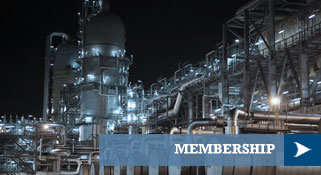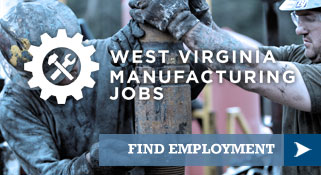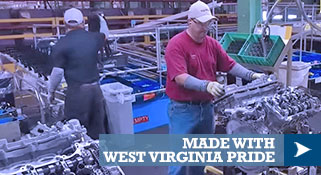- Details
The West Virginia Manufacturers Association has signed on to a letter urging the U.S. Environmental Protection Agency to overhaul its policies regarding Class VI injection wells.
The letter, signed by a coalition of groups representing multiple industries in five states, asks EPA Administrator Micheal Regan to address permitting timelines and other regulatory factors they see as impeding investment in carbon capture and storage.
- Details
Tonight’s election results show that West Virginia voters clearly support conservative, business-minded candidates, but that support unfortunately did not carry over to critical policy decisions that will shape our state’s future.
We at the WVMA continue to believe that Amendment 2 was a once-in-a-lifetime opportunity for our Legislature to have ALL options on the table to modernize our tax code and bring fairness to all businesses, especially those that have employed West Virginians for years. Sadly, an important section of our tax code will remain mired in the early 1900s. Our state will fall even further out of step with the rest of the nation in how we tax tangible personal property, essentially punishing businesses for investing in machinery, inventory and equipment in West Virginia.
As we move past our disappointment, we remain proud that West Virginia manufacturers helped to rescue our economy during the pandemic. We will look for ways to overcome the tax inequities here and encourage continued investment and job creation.
- Details
CHARLESTON, W.Va. — West Virginia has posted encouraging economic development wins in the last few years, but experts say there is still room for improvement.
According to a new study released today by the West Virginia Manufacturers Association (WVMA), the state’s constitutionally imposed tangible personal property (TPP) tax, including that on manufacturing inventory, machinery and equipment, is a clear disadvantage when compared to competing states and most of the country.
- Details
In 2017, the United States finally made the federal corporate tax rate competitive with the rest of the world when it was dropped from a punishing 35% down to 21%. But this only represents the tax burden that the United States federal government charges before state corporate tax rates are added. West Virginia charges 6.5% in addition to the 21% federal rate on the companies doing business here.







